In the framework of the transnational project Balkan Refugee Trail – A Pathway for European Solidarity[1], project partners from Greece, Macedonia, Serbia, Croatia, Slovenia, Hungary and Austria conducted interviews with representatives of initiatives, supporting refugees, in order to gather experiences which have been gained and to give an insight into the past years’ civil society commitment. This article captures the Austrian perspective.
By Anna Schreilechner
Numerous initiatives dedicated to supporting refugees have emerged in rural as well as urban regions of Austria since the summer 2015, the start of a time which was broadly coined as “refugee crisis”. Many people recognized the necessity to face the situation of a large-scale influx of persons seeking refuge – a situation portraying the actual global situation also in this part of the world. “Suddenly” “their” problems became “our” crisis[2]. In this phase, committed people organized themselves, who saw it as their task to provide those arriving or transiting with humane and decent support.

As soon as the Western Balkan route was closed in March 2016 and the “acute stage” appeared to be overcome for the time being, the state – at least seemingly – was not as dependent on the aid, support and care provided by volunteers, initiatives and NGOs anymore. In Austria, acute aid was substituted by integrative work. Ever since those initiatives have been dedicated to finding and arbitrating accommodation, organizing or arbitrating educational and cultural offers as well as promoting integration into the labor market. In fact, those are challenges requiring enormous effort for those affected, undoubtedly easier to conquer when actively supported by civil society actors.
This very care-taking and empowerment work is still largely done on voluntary basis, dependent on private donations and the tireless active drive and energy of civil society. While voluntary work became overshadowed by other topics on medial and political levels, “Willkommenskultur” (“welcome culture”) has been abating ever since, but the activities of various initiatives are continuously wide-ranging. Many hundreds of people are still “serving” hours and hours of inevitable work. Representatives of those initiatives rarely dare to hope for financial support.
Who are the ones behind all this commitment?
Some important initiatives have been active way longer than two years, but they as well had to adjust to new circumstances. Partly they expanded their activities and/or shifted their fields of action. Some were “at least” able to “make some kind of use” of this difficult phase requiring great effort – through more public attention for topics concerning “escape, refugees and integration” they were able to mobilize more people to support the initiative’s work. Undoubtedly, in many places the situation would have gone out of control, if civil society, including exactly those self-organized initiatives, would not have stepped in and made the effort to take over central tasks and functions in order to support state institutions and aid organizations, but firstly in order to support refugees.
During the interviews, many of the representatives talked about similar experiences when it comes to a lack of resources, capacities and time, challenges and frustrating obstacles. At the same time, there is a certain understanding of the necessity of their work and its great importance for those seeking refuge and a new home. Many of them have put their lives on hold for months, sometimes years, in order to support refugees as well as possible. Sometimes those committed are students, wo often neglect their studies over months in order to keep the activities of their initiatives going. Others have part-time or fulltime jobs, some are parents, some even single parents. Others again are retired and dedicate (all) their time to the work with refugees.
When asking, what it would be, that is truly needed, most of them not even mentioned a salary or compensation (even if it would be highly appropriate in many cases), but appreciation, political support, trust and smaller financial amounts for errands, events and/or external counselling for refugees. As an example, free tickets for public transport for students or course participants with experience of displacement were mentioned. Another topic were the challenges arising from a constantly changing legal and political situation. A lack of cornerstones within the Austrian government, but also on European level, was mentioned, which would lead to more clarity and security when it comes to the specific work, different initiatives are involved in.
Many initiatives did not even register as official associations or NGOs. Many are still “loosely” organized and therefore unable to apply for grants or funding. To create the according and necessary structures is an enormous effort, which is almost impossible to expend in addition to the daily activities offered by the according initiative. But also those who have founded associations or are part of an association struggle with strict and bureaucratic barriers connected with applying for grants. Among most, the feeling spreads that it is almost impossible to depend on financial means by the state. Also, state funding requires numerous guidelines, restrictions and complex and elaborate invoice, which is very deterrent for many initiatives. A deconstruction and facilitation of grant applications might help enormously. The fact that many initiatives largely depend on voluntary work, private donations by independent funding bodies, does not indicate, that no state support is needed. It is almost impossible to keep activities and work going on a long-lasting basis, if those initiatives and civil society as a whole will not receive support in form of public appreciation, financial contributions and bureaucratic facilitation.
It is very worth-mentioning that many of those, who are committed, are persons with experiences of displacement themselves. They are actively standing up for their fellows – as coordinators, companions, counselors and/or translators. Even though they experienced devastating happenings themselves, some already provided aid in the summer of 2015 at the Austrian main station. Furthermore, many have been continuing to be active as advisors, care-givers or translators.
Voluntary commitment as impetus for Solidarity
In order to demonstrate that it is not always clear where the limits lie, a distinction is made between “formal”[3] and “informal”[4] voluntary work. As language course trainer or workshop coordinator etc. on a formal level, informal activities are likely to arise. A language course trainer e.g. recognizes the need of a student for support during the process of finding a job, dealing with authority issues or keeping a doctor’s appointment and therefore is likely to accompany him/her during this very process. Like that, members of some initiatives sometimes work 40 hours per week (or even more), because the demand and needs are enormously high and have to be covered. After all, working with refugees carries a lot of responsibilities of high importance, which are often assumed by individuals. At the centerstage of this work – and that needs to be stressed – are real persons, who often cannot wait a week, and not car spares, which can be replaced as soon as time allows it.
During the interviews the term solidarity itself was discussed. For Sina Farahmandnia, co-founder of PROSA – Projekt Schule für Alle! (PROSA – Project School for Everyone) solidarity needs to be in one’s own interest, on behalf of his initiative, he explains that PROSA is solidary with asylum seekers, with refugees, because human rights as well as social security of us all are violated at the expense of refugees. If you get active via PROSA, you get active for human rights to education, housing, work and participation, not only for refugees (free translation).
The EU-Turkey Deal as well as the Dublin III Regulation is the opposite of solidarity, as mentioned by some interview partners. Those political measures are leading only to people getting stuck in Europe’s border states, if they even make it across European borders. Push-back actions were highly critiqued as well as the resumption of push-backs to Greece, recently stated by the European Commission. It is to be doubted that those regulations and/or deals are solidary or contribute to a European, integrative solution. Founders and members of initiatives, activists and other representatives of civil society point out – through activities and approaches, but also explicitly – that support for refugees is a necessary, responsible, just and long-lasting task, which needs to be accepted and assumed by Austria as well as Europe as a whole.
If not us, Who?
The field of action related to the topics of escape, refugees and integration is highly complex and emotions are rarely spared. Often it is not easy to implement important activities or events without political barriers. Still the commitment remains unbroken and many of those initiatives that were formed before, during or after the summer of 2015 are still remaining active. But in order to be able to continue without finally running out of energy, those initiatives need to be supported. Only then, they can consistently contribute and ensure, that refugees in Austria receive the support, they need after leaving their home countries and often leaving or even losing their loved ones.
So, I am asking: If not us, who? Who will carry out those direct, daily support tasks, if not civil society – if not us? Who will contribute to a positive climate in smaller municipalities as well as bigger cities, if not us? Those, who are directly in touch, who create connections and live common appreciation, are those, who understand and are able to cover the actual needs. But to be able to do this on a long-term basis, it requires structural, social and especially political support, instead of politics of fear.
Initiatives promote solidary action and appearance on a national as well as transnational level. This commitment should be positively seen and portrayed – as shaping Europe, therefore as a positive development. Europe e.g. needs to show solidarity by accelerating the agreed relocation scheme and by rethinking and stopping the resumption of push-backs. Shouldn’t suicide attempts by young unaccompanied minors alert us? Does Austria truly want to be frontrunner when it comes to deportations in Europe? Do we want politicians to represent the Austrian population, who restrict, classify and gradually criminalize disadvantaged groups? Do we want authoritarian relations to become the norm?
People, who support those, who fled horrendous situations and are seeking support and new homes, have worked together during this so-called “refugee crisis“ in order to cope with the situation as well as possible. Instead of restricting them, preventing them from getting active and waiting until they run out of breath, they should get attention as well as support and they should be shown that commitment and participation are appreciated, because they are the ones who have been gaining important experiences and have proven the strength and commitment to face crisis-like situations.
[1] http://en.iz.or.at/balkanrefugeetrail
[2]See. Özmen, Elif (2015): Warum eigentlich Werte? Einige Gedanken zur „Flüchtlingskrise“. In. Zeitschrift für Praktische Philosophie.2.2. 349-360.
[3] Commitment within an organization/association
[4] Commitment on non-institutional/private level
This text was written as a part of Divided Past – Joint Future project and it does not represent nor reflects attitudes and viewpoints of the European Union, its institutions and bodies. Responsibility for the information and views expressed in the text lies entirely with the author.





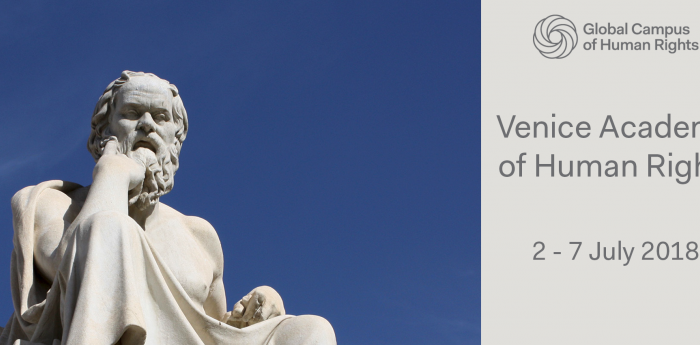

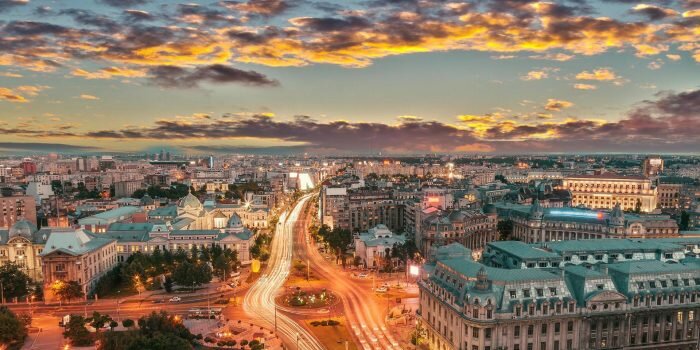

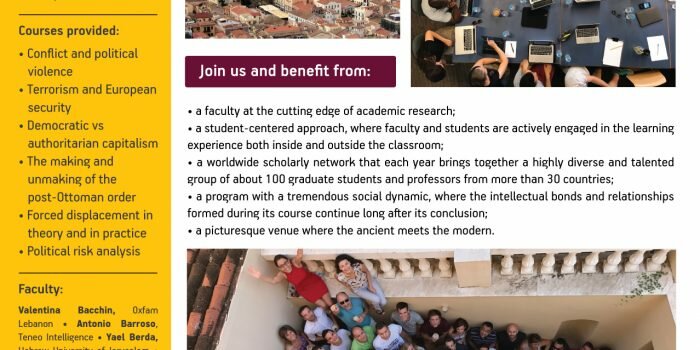
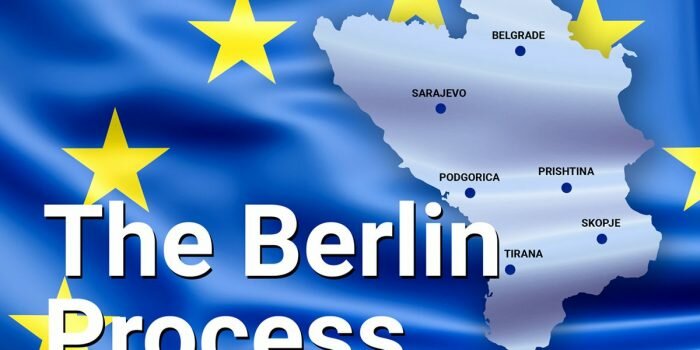
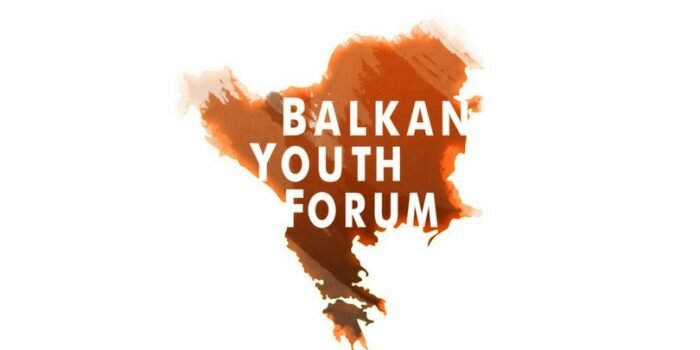
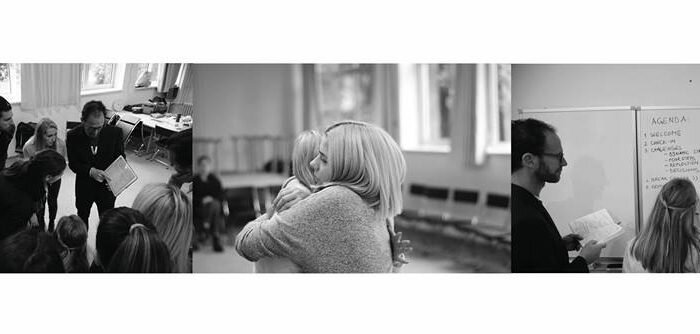

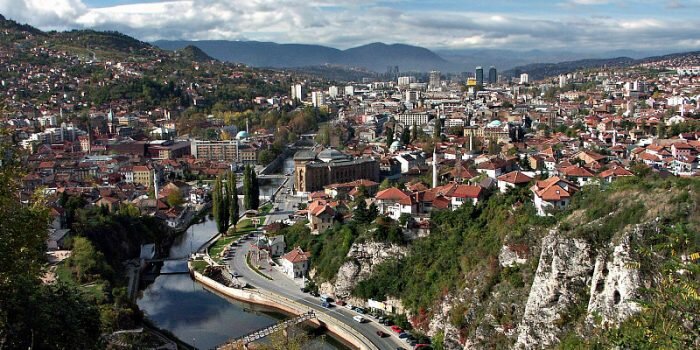


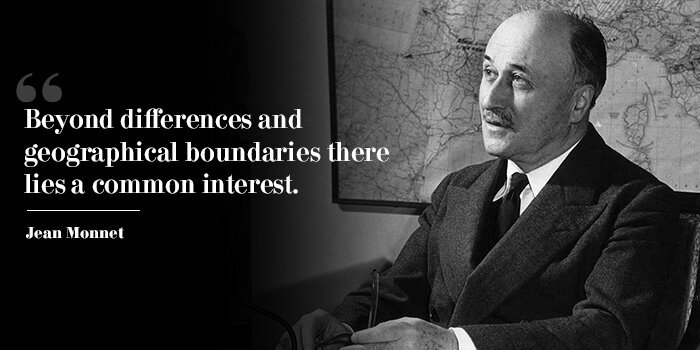

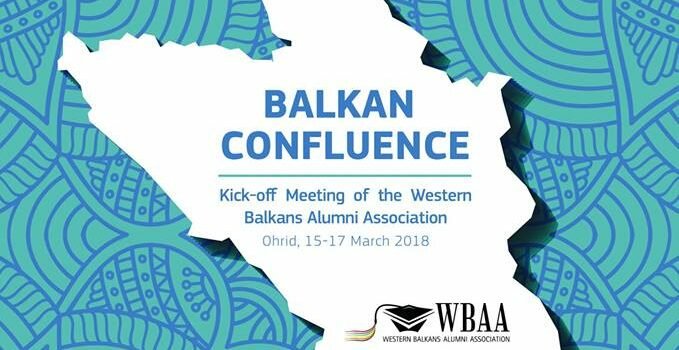

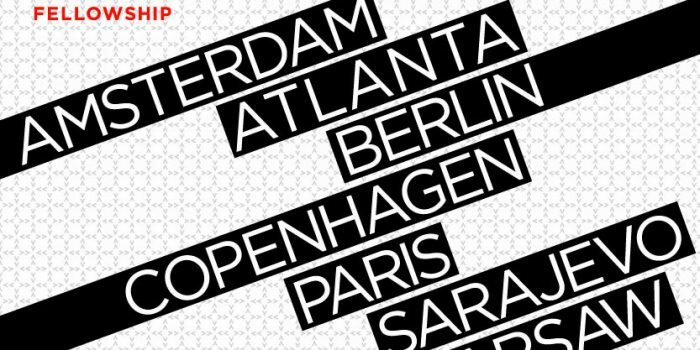

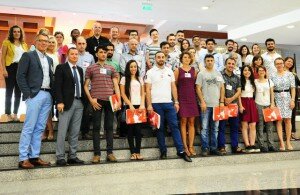





great post, very informative. I wonder why the other experts of this sector do not notice this. You must continue your writing. I am sure, you’ve a great readers’ base already!